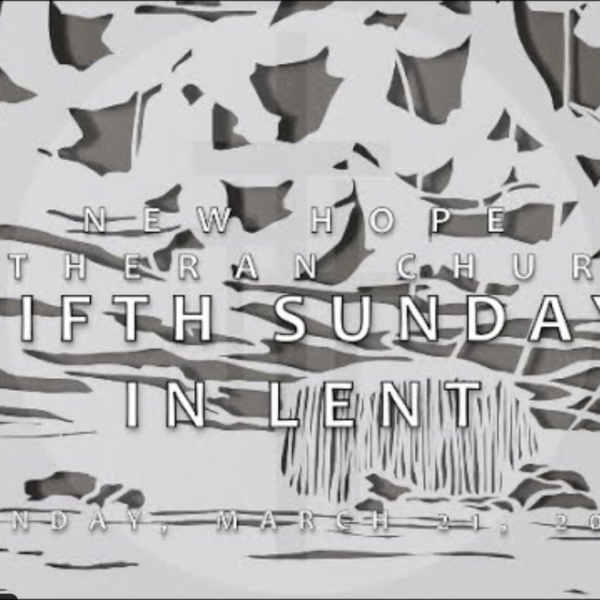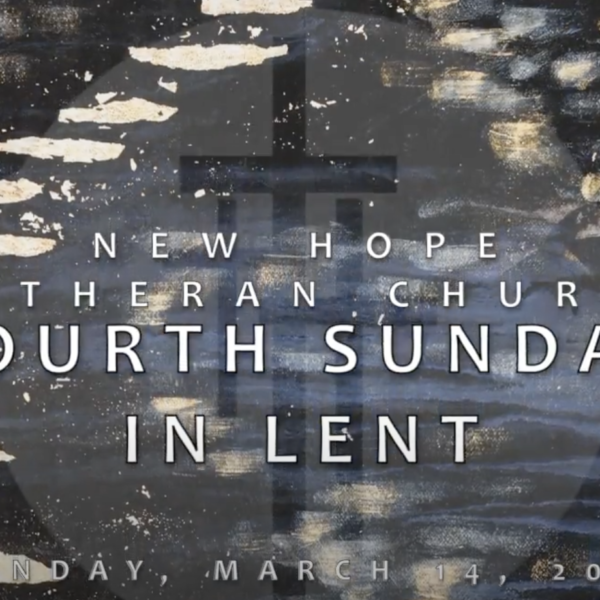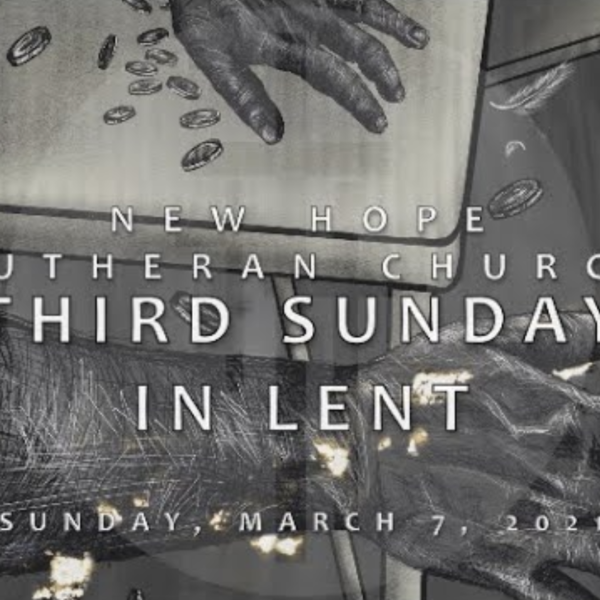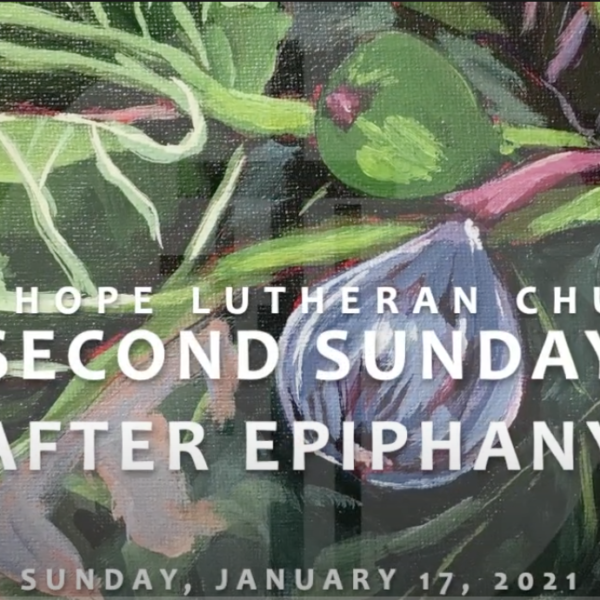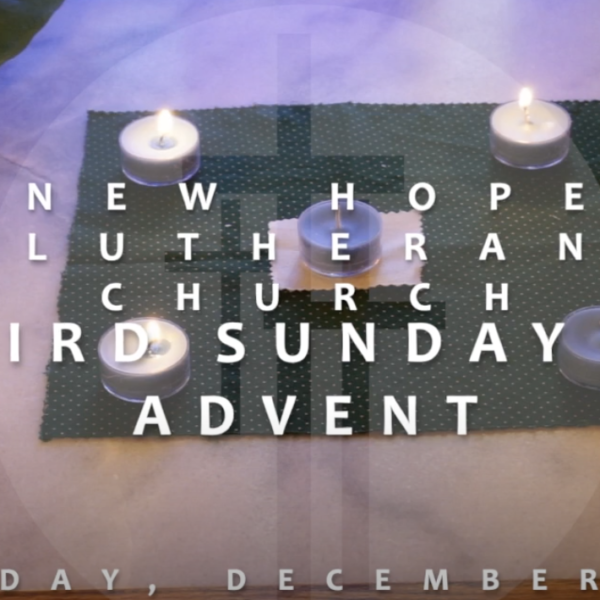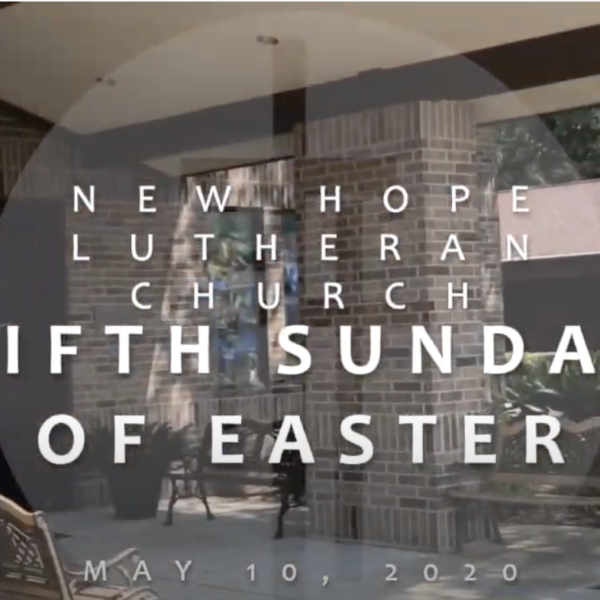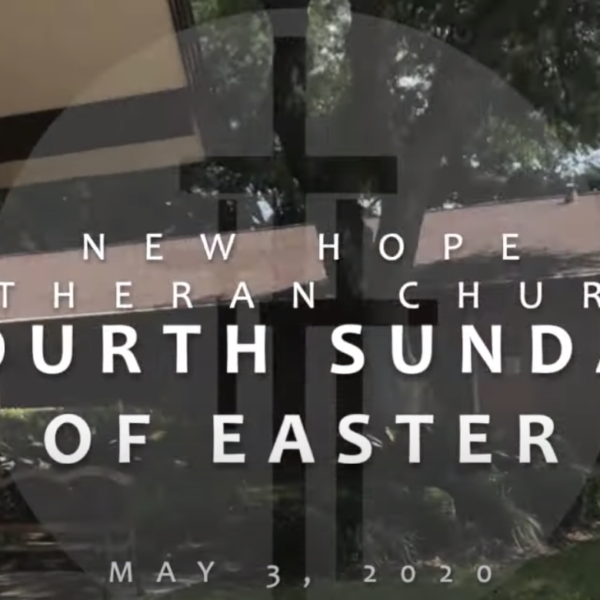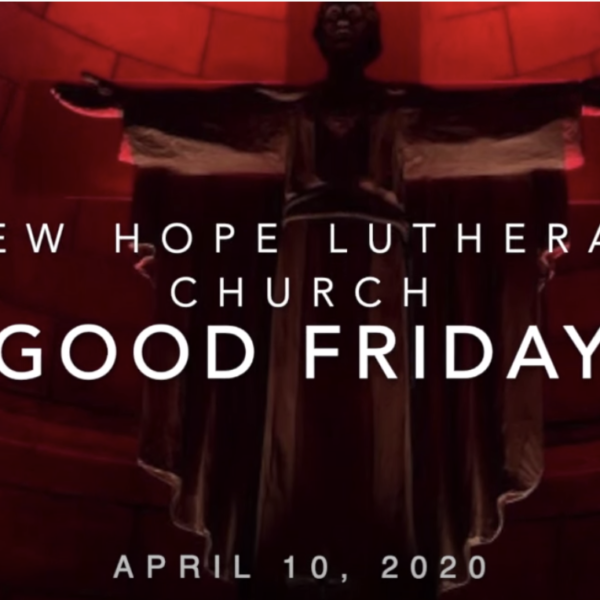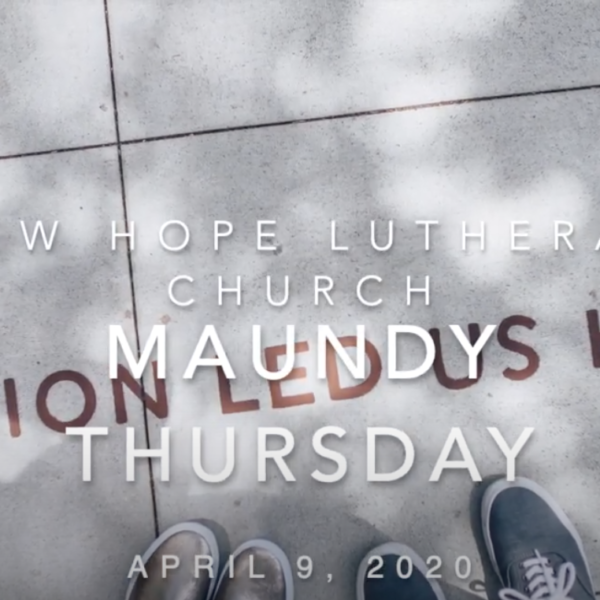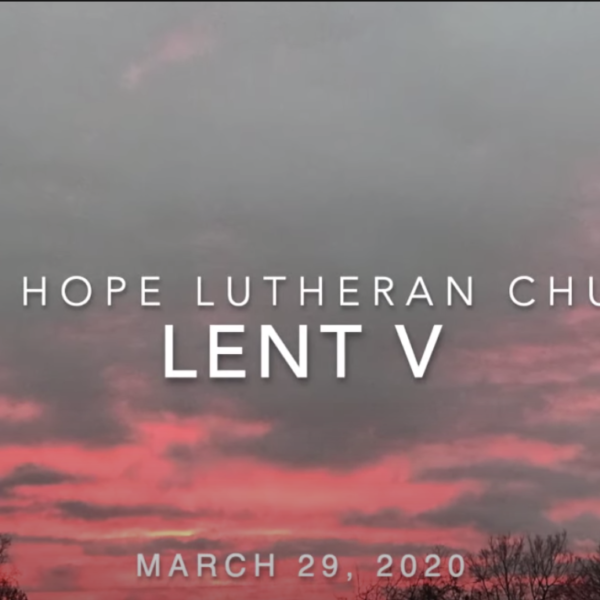Fifth Sunday in Lent
John 12:20-33
20 Now among those who went up to worship at the festival were some Greeks. 21 They came to Philip, who was from Bethsaida in Galilee, and said to him, “Sir, we wish to see Jesus.” 22 Philip went and told Andrew; then Andrew and Philip went and told Jesus. 23 Jesus answered them, “The hour has come for the Son of Man to be glorified. 24 Very truly, I tell you, unless a grain of wheat falls into the earth and dies, it remains just a single grain; but if it dies, it bears much fruit. 25 Those who love their life lose it, and those who hate their life in this world will keep it for eternal life.
26 Whoever serves me must follow me, and where I am, there will my servant be also. Whoever serves me, God will honor.
27 Now my soul is troubled. And what should I say—‘God, save me from this hour’? No, it is for this reason that I have come to this hour. 28 God, glorify your name.” Then a voice came from heaven, “I have glorified it, and I will glorify it again.” 29 The crowd standing there heard it and said that it was thunder. Others said, “An angel has spoken to him.” 30 Jesus answered, “This voice has come for your sake, not for mine. 31 Now is the judgment of this world; now the ruler of this world will be driven out. 32 And I, when I am lifted up from the earth, will draw all people to myself.” 33 Jesus said this to indicate the kind of death he was to die.
—————
Please pray with me this morning, church:
Liberating God,
Our lives are full.
We carry so much around.
So much weighs us down.
Help us set down what’s not ours to carry.
Help us to unburden ourselves.
Use us to bear fruit in the world.
Amen.
—————
When I was serving my pastoral internship in Chicago, my supervisor had this thing that he’d always say to me. And he’d say it at really inconvenient times, like when I was really worked up about something, or someone or something had really gotten under my skin. He would say, “Remember…hold all things loosely.”
Hold all things loosely… Pfffttt…
What does that even mean…?
He would go on, “Whether praise or criticism, hold it all loosely.”
What he meant, and what I still strive to remember, is that someone’s praise or criticism is not what defines us. Ultimately, that does not tell the entire truth of who we are. Particularly in pastoral ministry, you’ll do things and say things and make decisions that some will be delighted by and others will be ticked off about. There’s just no way around it. You can’t please everyone, in other words.
So don’t let those things become the whole truth about yourself. Know your self well enough…be in touch with your inner self well enough—both the good and the bad—that your actions and words and decisions are made from a centered and grounded place. Not just doing and saying things that people will praise, and certainly not doing and saying things that will only ever turn people against you, but rather, be rooted and grounded in the immovable and unshakeable thing that sits apart from you.
Root and ground and center yourself in God.
That’s what is true. That’s what will guide you and direct you.
Hold all things loosely.
“Very truly I tell you, unless a grain of wheat falls into the earth and dies, it remains only a single grain; but if it dies, it bears much fruit.”
Hold all things loosely.
“Those who love their life lose it, but those who hate their life in this world will keep it for eternal life.”
Whoa……hate……?
Hate’s a really strong word…
Ha…there was a song a few years back when I was in college and one of the lines was, “Hate is a strong word, but I really, really, really don’t like you.”
Hate is a strong word.
Am I really supposed to hate my life?
That word for “hate”—miseo…you know, it’s where we get the word “misery”…miseo—“hate” is a pretty accurate translation, but it’s not so much about placing a value. Jesus isn’t talking about not valuing your life. It’s maybe more like, “those who reject their life” or “those who disregard their life” or “those who are indifferent toward their life.”
Miseo is set up as a counterbalance to the first part of the sentence; “Those who love their life lose it, but those who hate their life will keep it.” It is set up as the kind of opposing force to love, but as Nobel Laureate Elie Wiesel (probably in some way via Wilhelm Stekel) famously noted, “The opposite of love is not hate, it’s indifference.” At least if you say you hate something, I know where you stand.
See, miseo is the same word used in Mark, Matthew, and Luke when Jesus tells the disciples “You will be hated by all because of my name.” But what about, “You will be disregarded by all, by the world, because of me.”…? It’s also the same word used by Jesus in Matthew and Luke when he says, “You have heard it said, ‘Love your neighbor and hate your enemy,’ but I say to you Love your enemies and do good to those who hate you.” “You’ve heard it said, ‘Love your neighbor and show disregard, be indifferent toward your enemy,’ but I say to you Love your enemies, and do good to those who disregard you, who are indifferent toward you.”
Maybe it’s not so much about how much you value your life…maybe it’s more about holding onto your life loosely.
We keep such a tight death grip on parts of our lives that our hands aren’t even available for reaching out…for serving…for embracing…for loving…
We tighten our death grip and clutch these parts of our lives so close that they actually can begin to choke the life…out of us…
Whether it’s our stuff, material things, wealth, safety, security, freedom, worry, anxiety, doubt…those things become consuming and we spend so much time and effort trying to control them that they end up controlling us. We cling to them so tightly, with such a death grip…that we fail to realize that we’re the ones caught in the death grip…we’re the ones who can’t breathe…
What are you holding onto, clinging so tightly to…that you don’t have space to reach out and care for and serve your neighbor? What are the things in your life that you’re clutching so closely that’s preventing you from having the capacity to extend your hands and arms outward to embrace and love your neighbor? Your neighbor who doesn’t look like you. Your neighbor of Asian descent…who’s terrified right now, church… Your neighbor of Asian descent who’s watched hate crimes against people of Asian descent skyrocket by over 150% just in the past year…
You know, miseo is where we get “misery” but it’s also the root for “commiserate.”
“To share in those feelings of being disregarded…together…”
To sympathize. To empathize. To share your neighbors’ burdens.
But to do it…together.
Some Greeks came to Philip—the only one among the disciples who was Greek himself—and said, “Sir, we wish to see Jesus…”
We wish to see…Jesus…
When we’re available to our neighbor…when our hands and our arms are unburdened and unclenched…when we make space for others…you create the possibility that your neighbor can see Jesus through you.
What are you holding onto so tightly that prevents you from showing or offering Jesus to your neighbor?
Unless a grain of wheat falls to the earth and dies, it remains just a grain, right? But when a grain is allowed to die, it bears much fruit. If you can loosen your grip, if you can let go of the things that prevent you, if you can let those old parts of your self, those things you cling so tightly to, those things that you try so hard to control…if you can hold them loosely…if you can let those things fall to the earth and die…you allow new growth to happen and allow yourself to bear fruit.
Disciples are known by the fruit they bear. Not their dogmas and doctrines, not their piety or flashy religious practices…disciples of Christ are known by their fruit. The fruits of love and service and justice and peace. The fruits of living to and for God, and by extension, to and for your neighbors.
Hold all things loosely.
Even allow them to fall to earth and die.
We worship a God who brings life from things that are dead.
I wonder what fruit God will bring from what you let die.

